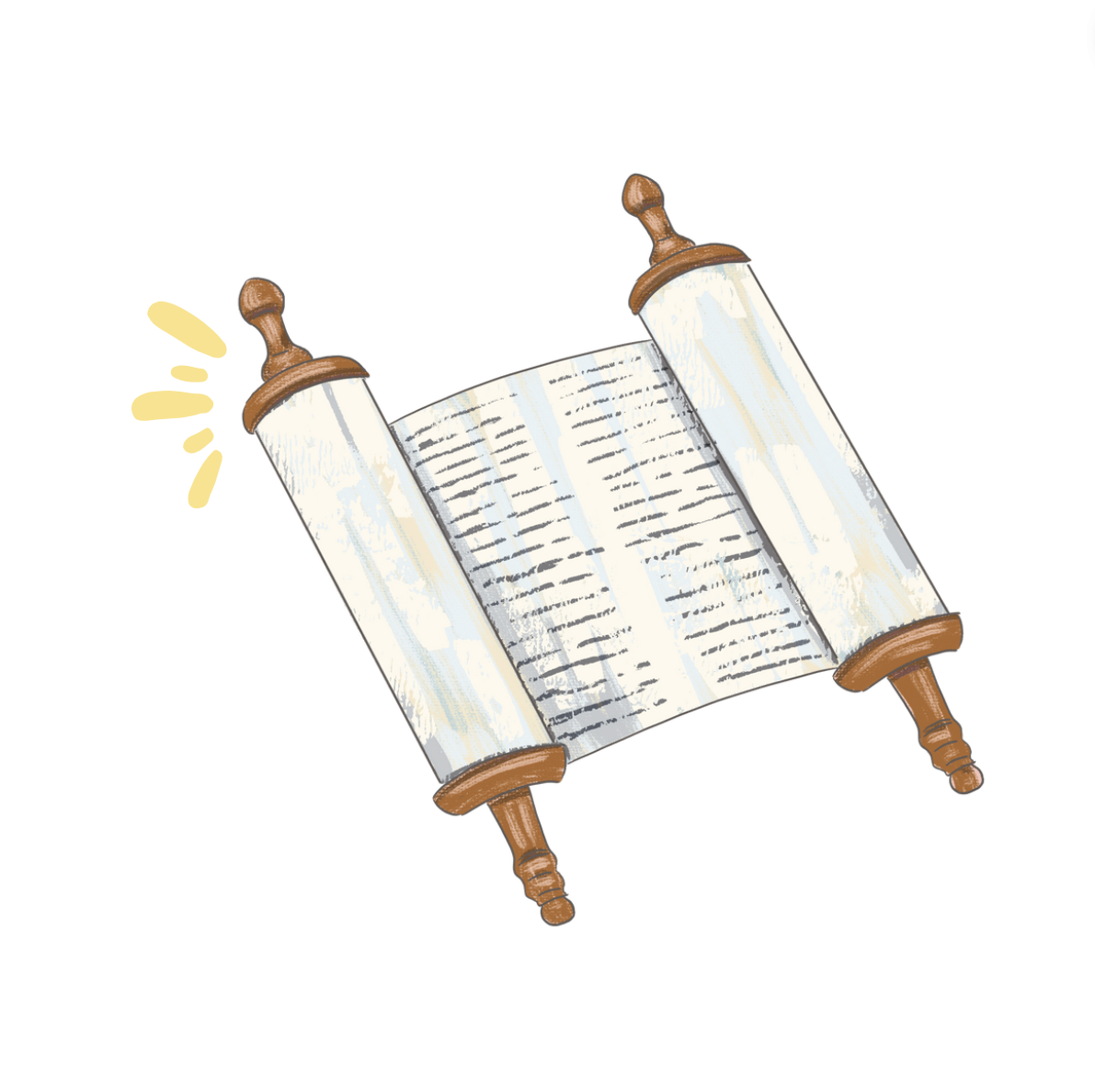Oy, oy, oy—what a week of pain, of violence, of suffering we have just witnessed. The news and social media have been covered with intense, terrifying images. There is so much to say, so much to feel, so much support deeply needed in Israel and in our community at home. I have been grateful to gather with some of you earlier this week, providing some of that for one another.
This week, we read parashat B’reishit, the first chapters of Genesis. Sukkot and the High Holy Days are behind us; our ancient calendar tells us it is a time of new beginnings. We read in parashat B’reishit this weekend about the creation of humanity, a beautiful metaphor that teaches that all humans are created in God’s image. We learn about the first humans, who live in the garden of Eden, blissfully unaware of the complications of being human. What a beautiful story to begin our year!
I had hoped to use this d’var Torah to introduce myself, to share that I’ll be at JCP one day a week this upcoming year, and to say how much I look forward to seeing you at Shabbat, b’nai mitzvahs, and other community celebrations.
And yet, the beginning that we face this year is not the beginning that we would have chosen. Hamas decided that it would be the beginning of terrible violence, an attack on Israel different from anything we have seen in the past 50 years. We, across the world, watched as our precious homeland was attacked by an internationally recognized military group who does not want peace. Family members and friends are called up from the army reserves. Others were forced from their homes, their streets, murdered or kidnapped. Others remain at home, trying to create a semblance of normalcy for their children, despite schools being closed and activities canceled.
Indeed, we are far from Eden, the fertile garden where the first humans lived in blissful innocence. The Jewish state has a long and complicated road ahead.
So what is there for us?
The Rabbi of Kotzk, who lived in Poland from 1787-1859, was famous for saying “Jews don’t despair.” Indeed, we have thousands of years of inherited Jewish wisdom to lean on. We are storytellers:
When the first humans had to leave the garden of Eden and learned the price of knowledge, we told the story.
When our people was oppressed by the Pharoah, we asked God for help, supported human leaders (Moses, Aaron and Miriam), found our way out, and then told the story.
When we experienced the destruction of our Holiest place, the Temple, we told the story and re-envisioned what Jewish life could look like.
So, too, is our task: to support one another so that we can tell the story. A story of unity, perseverance, hope—Hatikvah, and ultimately: peace.
Shabbat shalom,
Rabbi Sam

